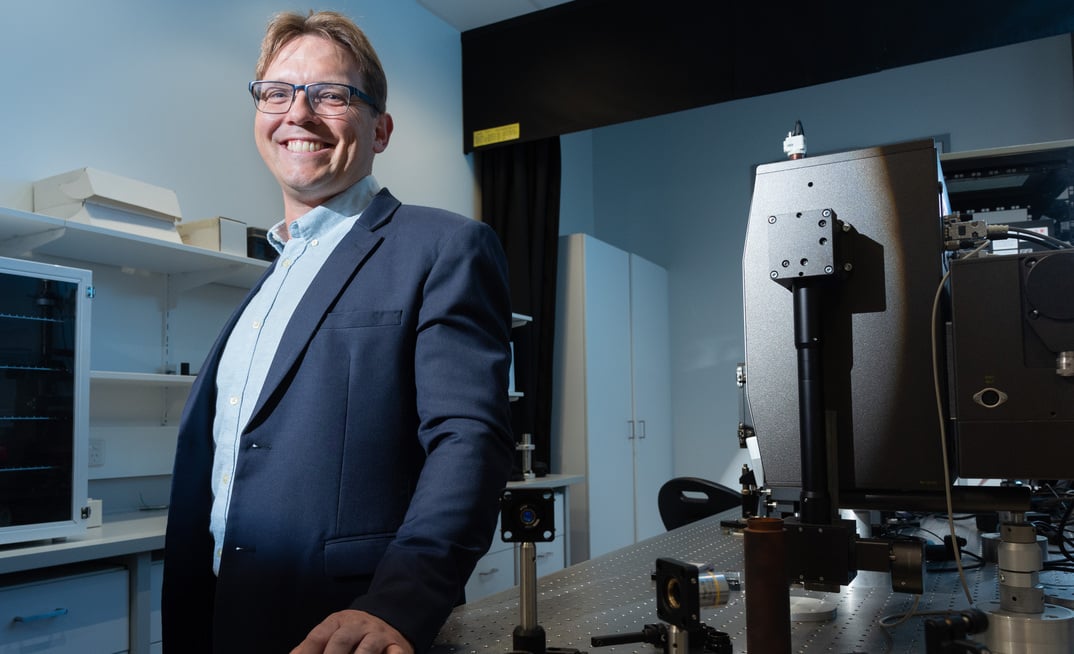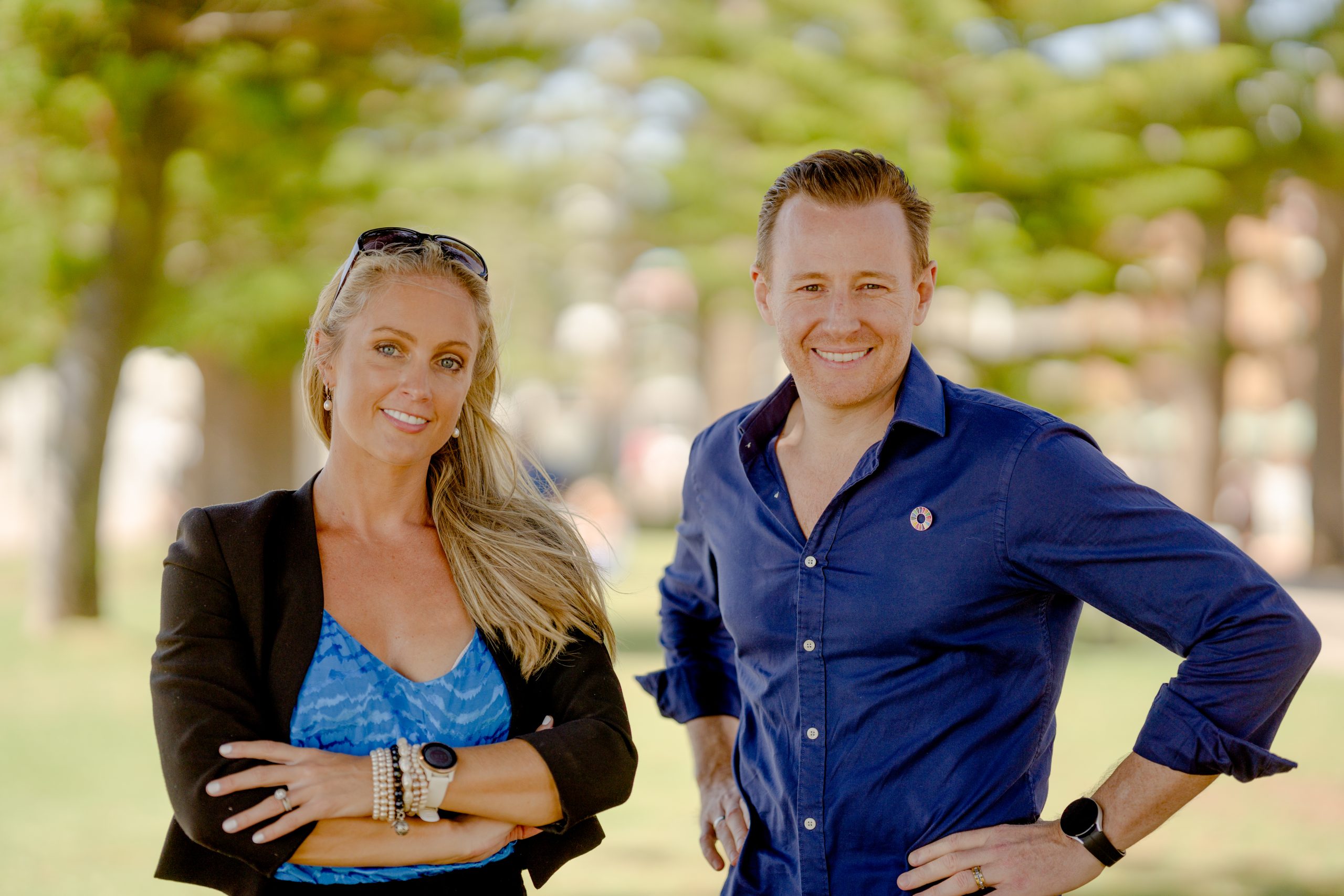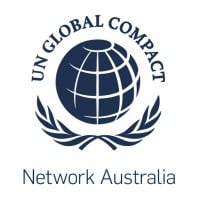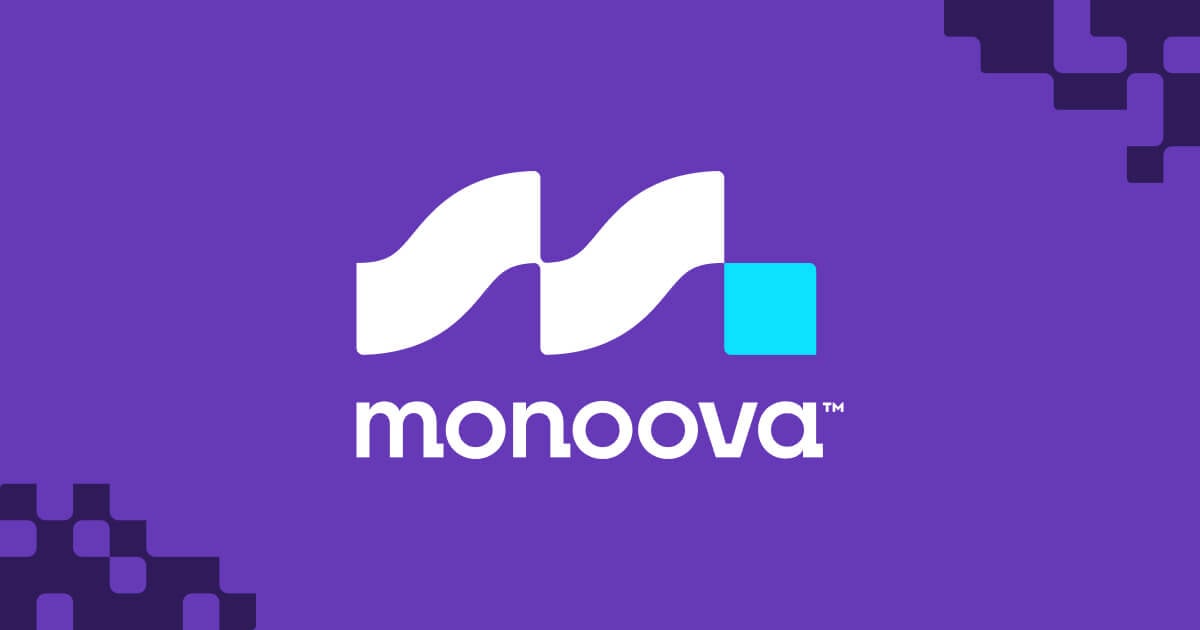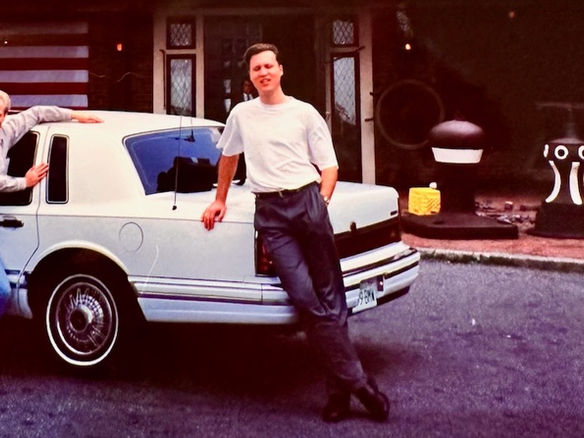Australia’s flagship deep tech incubator Cicada Innovations has announced its first cohort of deep tech founders chosen to showcase their world-changing innovations at Australia’s longest-running annual deep technology conference, the newly-named Cicada x Tech23.
Cicada acquired custodianship of Tech23 last year, with both organisations sharing a longstanding mission to celebrate and support Australian deep tech innovators, and a lengthy track record of nurturing some of Australia’s most successful companies.
The 23 ventures were selected from over 130 applications from across Australia – the highest number received for the conference in 13 years of operations.
Cicada, which coincidentally also celebrates its 23rd birthday this year, will stay true to Tech23’s DNA of celebrating radical Australian innovation and deep technological advancements, but has given the conference a makeover by moving away from pitches and prizes.
Cicada Innovations CEO Sally-Ann Williams
Instead, the 23 will appear in a series of inspirational talks and in-depth panel discussions that focus on systems, not siloes, approach to solving some of the world’s biggest problems that transcend individual industries or technologies.
The 23 have been grouped under five overarching categories aimed at asking big questions about how we build the future while finding systemic solutions to broad-reaching problems:
- Ending waste and creating truly circular economies by deploying innovations like synthetic biology, nanotechnology and AI;
- The Rebuilt Environment and how can we create sustainable, smart and biodiverse cities and other living environments that prioritise health, community and the environment;
- Shifting the mindset in medicine from cure to prevention, and from treating disease to preemptive, holistic health;
- Co-designing with nature by designing systems that are guided and powered by the natural world and supercharged by technology that can revolutionise food production, medicine, materials and energy; and
- Reimagining time by using advances in manufacturing, infrastructure, and computing to change how we use and experience the most valuable human resource: time.
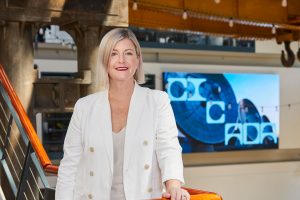
Cicada x Tech23: Igniting Conversations in Deep Tech
Sally-Ann Williams, CEO of Cicada Innovations, said: “Deep technologies are remarkable breakthroughs in science and engineering, with the potential to have a far-reaching impact on big, seemingly intractable, issues in the world. Deep tech ventures, like the 23 companies at Tech23, are finding commercial applications for these innovations.
“To understand the impact of deep tech ventures, we must think systemically, not through niches of technology or individual industries.
“These ventures often utilise or develop innovations in fields such as AI, biotech, robotics, and quantum, and it’s rare for these innovations to have applications in one sector alone, such as aerospace or medicine.
“For example, we might see space technologies used to monitor agricultural conditions or provide healthcare solutions, or an AI technology might be applied both to the monitoring of a patient and as a smart cities solution.
“At Cicada x Tech23, we want to spark this meaningful conversation and ask questions that urge us all to dream big, imagine new holistic approaches, and think in systems, not silos.”
Some notable past Tech23 winners include Culture Amp (Tech23 2009), Morse Micro (Tech23 2018), Regrow (Tech23 2017), and Inventia (Tech23 2018). The combined capital raised by Cicada Innovations and Tech23 companies eclipsed $5.7 billion by year-end 2022.
Cicada x Tech23 is proudly sponsored by NSW Government,Main Sequence Ventures, Australian Government Department of Industry, Science & Resources, CSIRO, University of Sydney, UTS, South Eveleigh, University of Queensland, Addisons, CFO Plus, IP Australia, Radium Capital and Third Hemisphere.
To attend: www.cicadainnovations.com/cicada-x-tech23
# # #
2023 Cicada x Tech23 companies:
Ending waste
- ElectraLith is building a direct lithium extraction system using renewable nanomaterials and ionic superconductivity, to help the global goal of scaling lithium production by 20x by 2024.
- Kelpy manufactures affordable seaweed bioplastic pellets with the potential to replace all single-use plastic products, starting with premium products such as cosmetic packaging, designer eyewear, medical equipment, and food packaging.
- Samsara Eco has developed an enzyme-based technology that breaks down plastic, creating infinite recycling that eliminates dependence on fossil fuels to produce new plastics and chemicals, and could potentially eliminate plastic pollution globally.
- Xefco is harnessing the unique properties of plasma to create a highly efficient, water-free solution for textile dyeing and finishing, with the potential to eliminate up to 20 percent of the world’s water pollution and 2.5 percent of the world’s carbon emissions.
Rebuilt environments
- ARIA Research has developed a non-invasive tech that delivers vision through sound for the 338 million blind people globally, using artificial intelligence and machine vision to translate the visual world into 3-dimensional surround-sound, giving blind users bat-like perception.
- Dovetail Electric Aviation has developed an electric-powered propulsion system that integrates into existing legacy commuter aircraft to drastically reduce aircraft emissions to practically zero while reducing operations costs for operators.
- Endua has developed a modular hydrogen power bank that stores large amounts of renewable energy for longer periods of time, allowing for faster transition to a 100 percent reliable renewable energy grid, while lowering overall emissions.
- Kapture has developed carbon capture and storage (CCS) technology that can be retrofitted to the 120 million commercial diesel generators and billions of residential generators releasing harmful toxic chemicals into the atmosphere, capturing these CO2 emissions before they are emitted into the atmosphere.
- Rux Energy has developed advanced materials that double the density and halve the cost of hydrogen storage – problems that had been preventing decarbonisation of the heavy mobility, marine, and aerospace industries responsible for half of the world’s emissions.
Shifting the mindset in medicine
- Atomic Oncology has developed a technology that predicts whether radiotherapy will be successful for any solid cancer, allowing for tailored therapy and precision medicine that is appropriate for that specific patient.
- Eikonic R&D has developed a proprietary novel chemical compound capable of protecting against preventable oral diseases such as gum and tooth decay, that affect over half the world’s population and can lead to disabilities and death.
- Evolve Food has developed a cost-effective natural fermentation process that reduces the sugar content in vegetables and fruits, making the food and drink we consume healthier, and lowering the alcohol content of wine.
- Native Secrets manufactures skincare products using Australian native plants and traditional Indigenous knowledge, to preserve the medicinal knowledge of Aboriginal Elders for future generations.
- Neurode is developing a headband that can image the human brain in a real world setting, providing precision mental health care and personalised treatments for disorders such as ADHD.
Co-designing with nature
- Hemideina’s sound processing and miniature wireless technology device aims to overcome barriers to cochlear implant treatment adoption via a simpler, more comfortable, and discreet design, giving people with sensorineural hearing loss a second chance at hearing.
- LLEAF has developed a technology that engineers natural sunlight at a low cost, to enable local protected cropping facilities to supply a rich variety of edible plants with the highest possible nutritional value, in an environmentally and financially sustainable way.
- Me& has developed a technology that replicates lactation outside the human body, transforming raw nutrients into the diverse and complex bioactive molecules found in human milk, and allowing vulnerable, premature babies access to the many benefits of human breast milk.
- Rainstick has adopted ancient First Nations wisdom to technology that triggers seeds, plants, and fungi to produce at faster and greater volumes, to solve the global food crisis.
- ULUU is developing ocean-derived materials that are naturally plastic and home compostable, ending reliance on fossil fuel plastics and creating a plastic-free world.
Reimagining time
- Analog Quantum Circuits (AQC) has developed a technology that shrinks the footprint of the critical components needed to build large-scale quantum computers by a factor of 1 million times, helping produce smaller and more efficient quantum computers, with a predicted market of $86B by 2040.
- Millibeam has developed chipsets that reduce the total cost of ownership of mmWave 5G/6G networks by 10x, through an order of magnitude increase in energy efficiency and radio-link range, allowing for very high-speed and high-throughput wireless connectivity.
- Pending AI uses chemistry-based machine learning solutions to treat diseases and design, manufacture, and test new pharmaceutical drugs, to speed up early-stage drug-discovery projects and discover novel compounds.
- Syenta is building an electrochemical 3D printer for scalable and efficient electronics fabrication to help with teaching and research, boost our economy, and speed up how fast we make new technology.
Cicada Innovations: Pioneering Deep Tech in Australia
Cicada Innovations is the home of deep tech in Australia. The Sydney-based incubator with a twenty-one-year track record of developing deep tech ventures tackling some of the world’s most pressing problems.
Working at the forefront of innovation, it supports ventures seeking to create life-changing technology – applying cutting-edge science such as advanced materials, synthetic biology and AI to challenges like the future of human health, food security and the climate crisis.
Since its inception, Cicada has seen an unprecedented $1.3 billion in exits from six deep tech ventures in the last two decades and helped over 330 companies to raise more than $1.7 billion in funding. It has twice been awarded ‘Top Incubator in the World’ by InBIA, and delivered commercialisation training to thousands working in science & technology.



